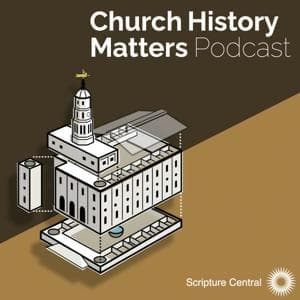
Sign up to save your podcasts
Or



By BYU Speeches
Stuck in a spiritual rut? Listen to this weekly podcast from BYU Speeches to hear tried-and-true messages from decades past. Find old favorites and discover hidden gems from the BYU Speeches archiv
... more




4.6
641641 ratings



The podcast currently has 447 episodes available.










The podcast currently has 447 episodes available.

1,531 Listeners

1,243 Listeners

1,052 Listeners

289 Listeners

6,411 Listeners

122 Listeners

112 Listeners

1,809 Listeners

305 Listeners

922 Listeners

2,720 Listeners

11,016 Listeners

1,015 Listeners

599 Listeners

1,590 Listeners

460 Listeners

2,062 Listeners

194 Listeners